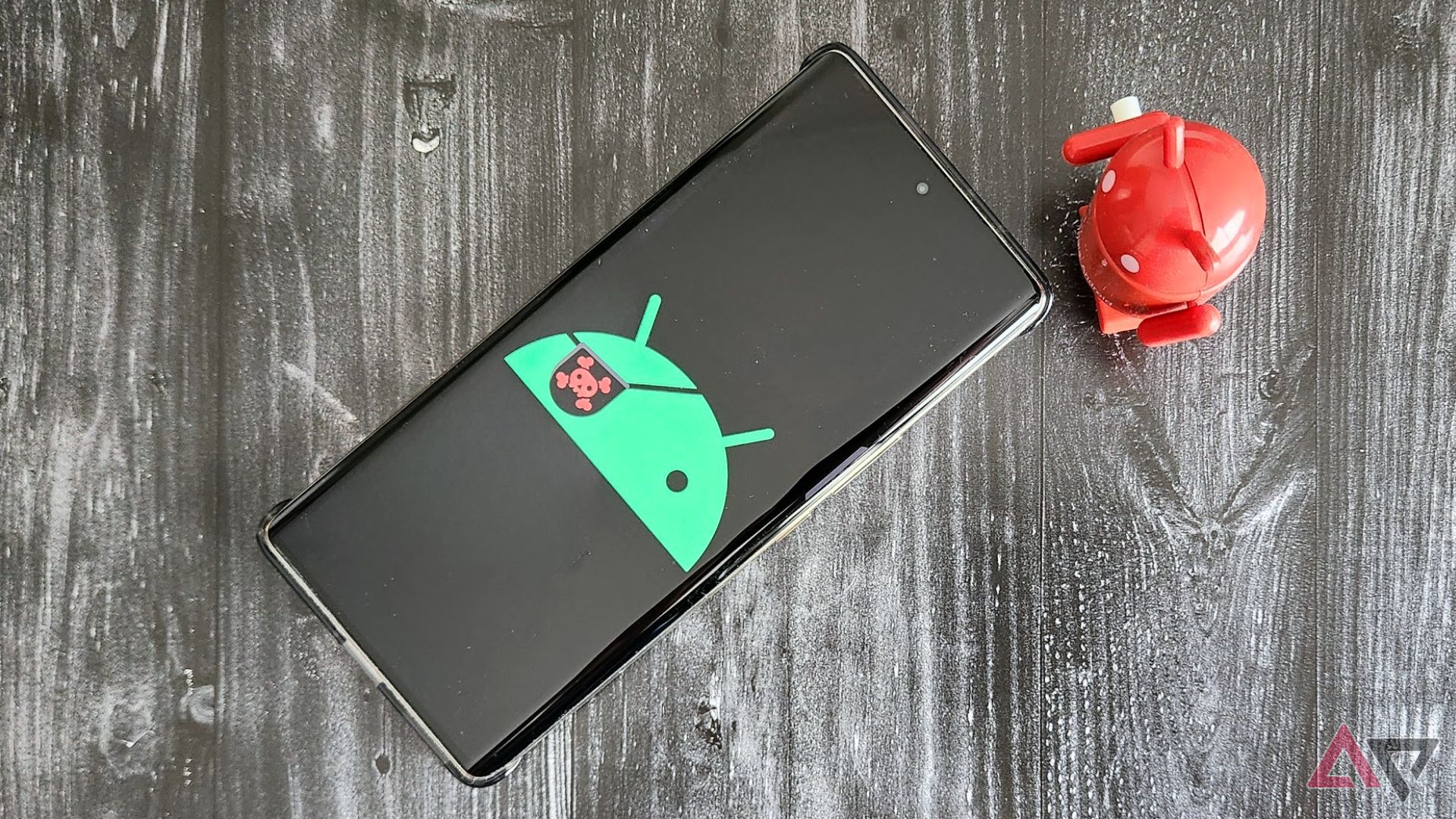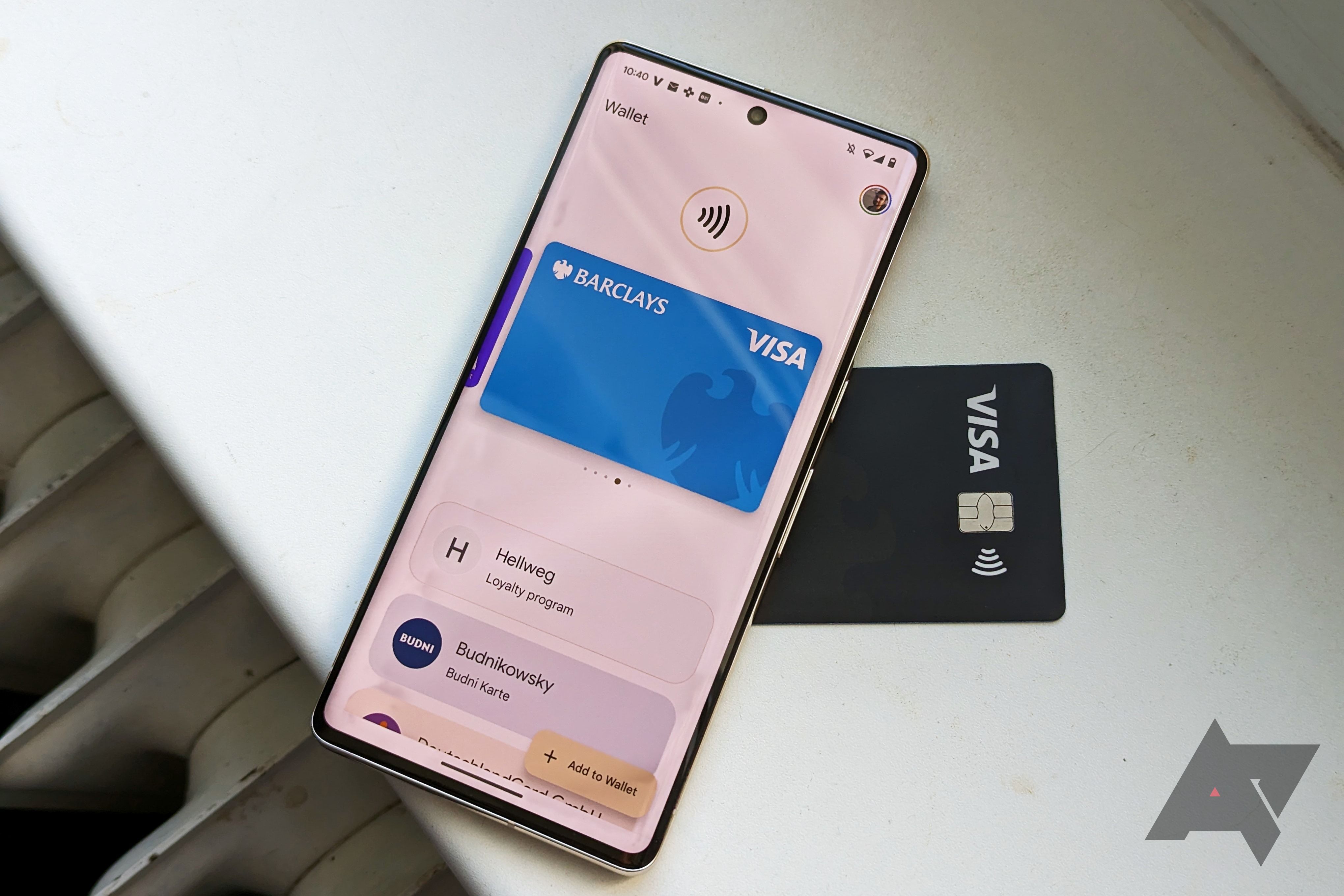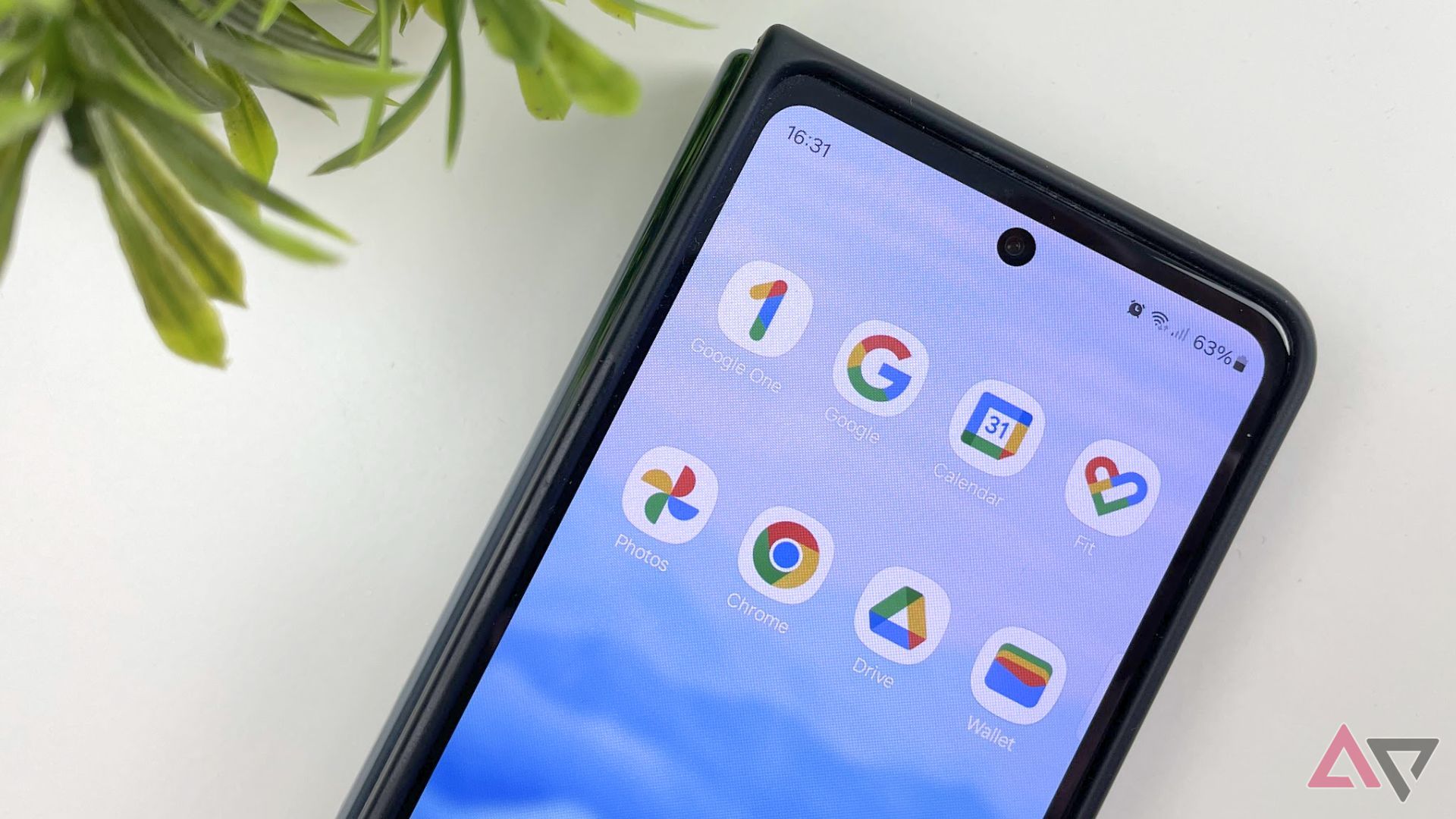Tweaking and fiddling around with Android devices is fun for many, but let’s be honest: rooting has become more of a hassle in recent years. Google has made rooting and flashing ROMs on modern devices more difficult. Some manufacturers outright void your warranty, turn off key component modules like Wi-F and Bluetooth, or block the device from functioning properly.
Rooting isn’t as fun as it used to be. However, it’s still possible, and the developer community maintains several modified operating systems that can still be used on older devices that bring the latest Android versions. The Android underworld is constantly working on new ways to optimize the rooting experience and patch the holes that Google, alongside many other device makers, is using to prevent their devices from being exposed and used in ways they aren’t intended.
1 Rooting makes your phone more vulnerable to malware
Malicious software can easily make its way to your devices while rooted
Rooting isn’t as popular as it was many years ago, and there are a few good reasons why. First and foremost, Android has reached a point where it no longer requires major updates for missing features. Instead, Google is primarily focusing on quality-of-life changes to improve the operating system. The company has done a great job implementing new standards, making it more easily accessible for billions of users and thousands of different devices.
One of the main reasons rooting is deemed unnecessary is safety. When a phone is unlocked to its full potential, it can be more prone to malicious software, malware, and other tampering that wouldn’t otherwise happen — or would be much less likely to happen — on a more locked-down, secure platform.
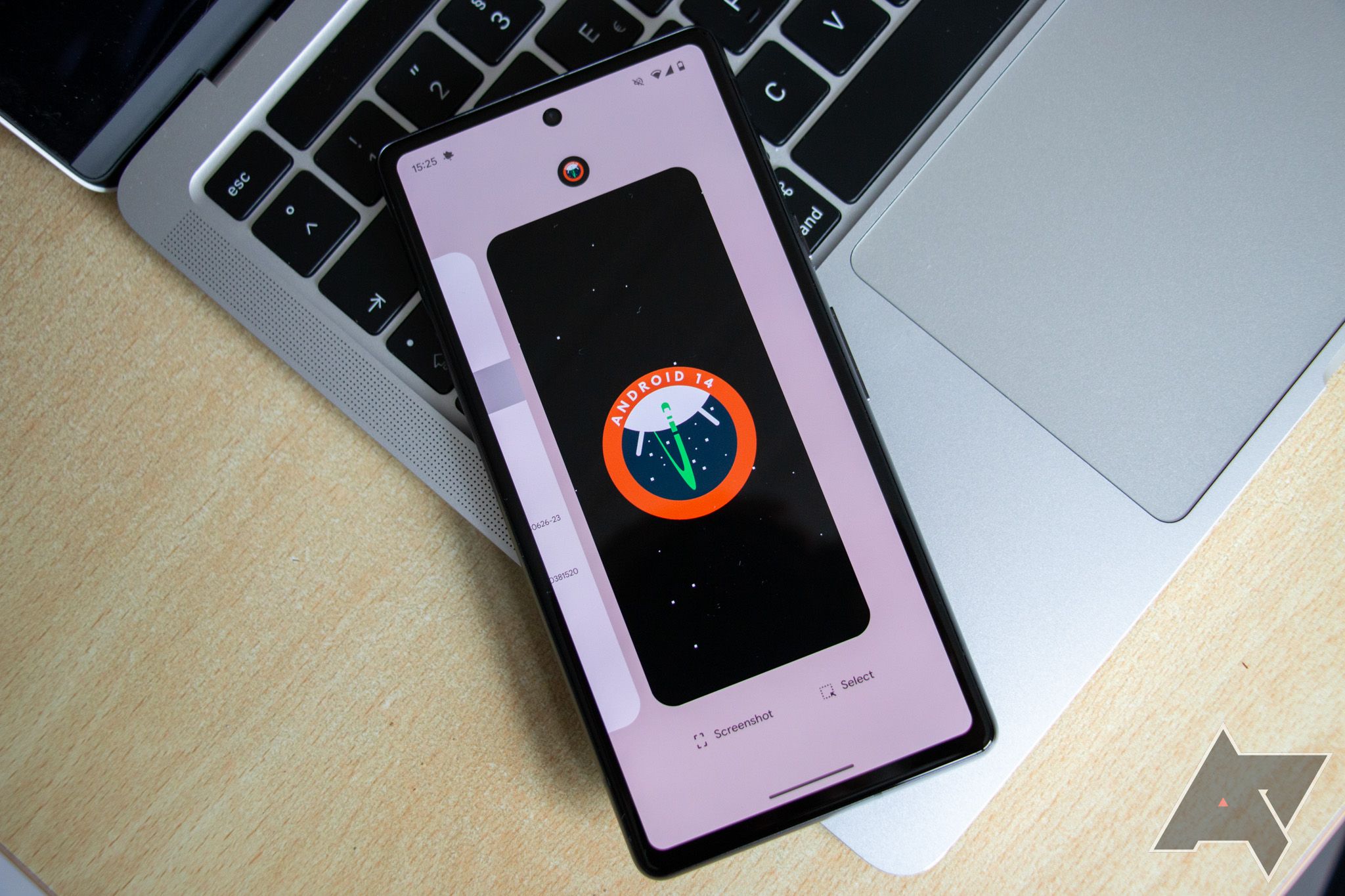
Android updates aren’t as exciting as they used to be
We’re in an era where we’re mostly getting quality-of-life improvements instead of new features and design tweaks
As such, rooting makes a phone more vulnerable, and it could quickly turn your phone against you, spying, leaking personal information, and becoming corrupt when downloading from questionable sources.
2 RCS is disabled through Google Messages
Google says it prevents spam and abuse
RCS, short for Rich Communication Services, lets users provide a richer messaging experience. This means that videos, photos, emojis, and other messaging effects are sent via the Internet, allowing for more engaging content to be displayed.
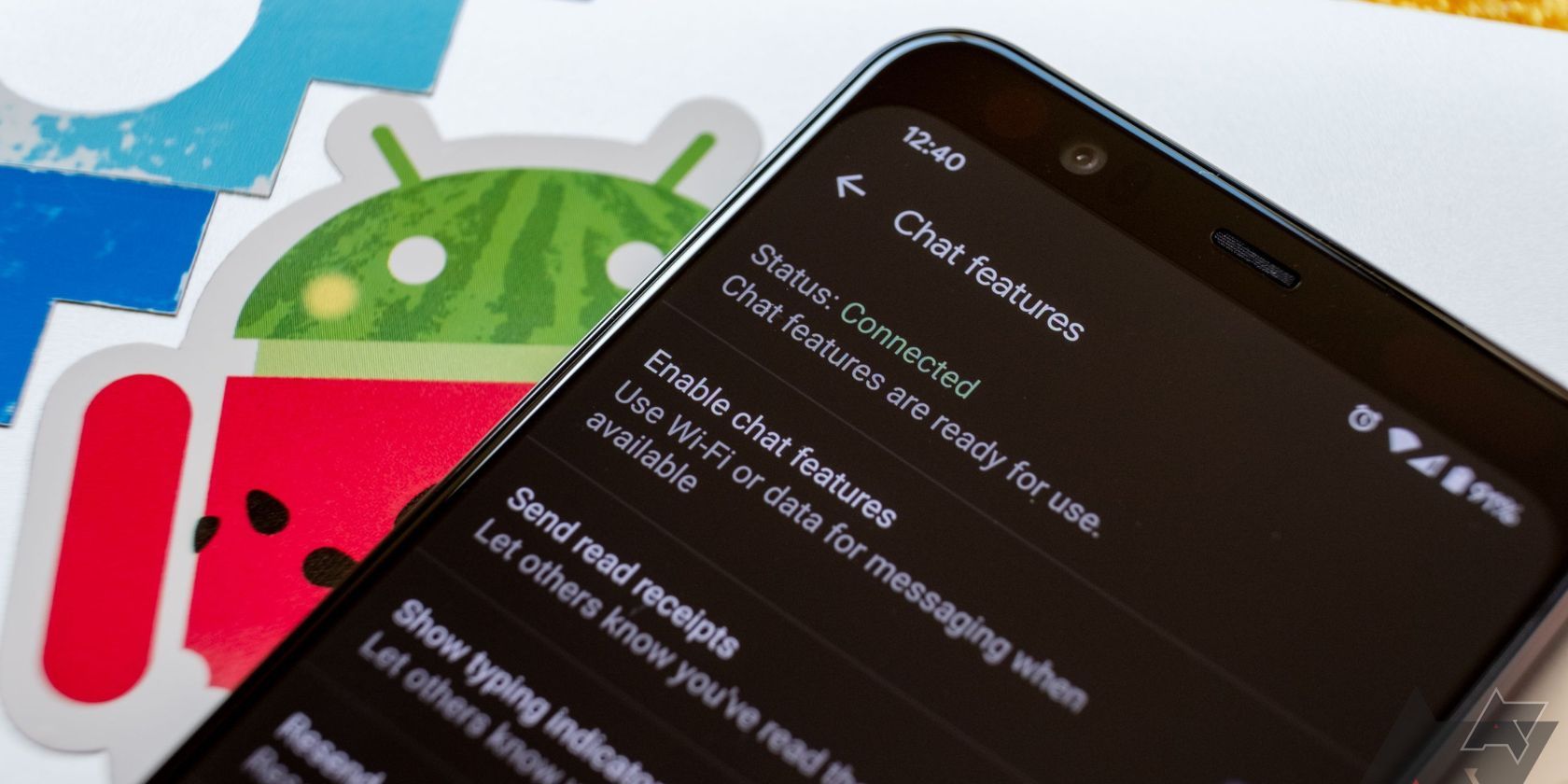
Google Messages is blocking RCS texts on rooted Android phones
The company says it is doing so to prevent spam and abuse
Google’s own Messages app lets two devices have encrypted conversations, enabling two individuals to share messages and other forms of content privately and securely. The only problem is that Google outright disables RCS once it detects a rooted smartphone, preventing these texts from being delivered to the recipient.
Of course, there are some workarounds to fix it with Magisk and Play Integrity Fix, but that requires more work and could break in future updates.
3 Streaming services prevent you from watching content in HD
It’s all part of a DRM scheme that aims to prevent piracy
Service providers have their own schemes that aim to prevent their content from being shown and streamed on devices that don’t meet certain criteria. One of these includes the Widevine L1 DRM licensing, which prevents users from consuming HD content or any other high-quality format.
Encryption technology is primarily used to protect videos from being downloaded and watched illegally in various browsers, such as Chrome, and devices that run Android, Android TV, and even Chromecast.
There are ways around this, but it requires fiddling around and the installation of additional software on rooted devices, which means you’ll almost certainly have to do something to continue watching content on a rooted device.
4 Banking apps refuse to work and open
You’ll likely be forced to use the web portal that could always ask you to enter your password
Having the option to check on your bank account, shift some money around, and to manage your account is essential at this day and age. So much so that many people can’t imagine a world where they have to constantly type in their passwords manually instead of using the fingerprint or a face unlock mechanism, due to the added simplicity and safety measures.
And that’s precisely why rooting a device is a major drawback for many, as banking apps outright refuse to open or crash constantly when they detect a device is rooted, or has altered software that isn’t verified by Google. Like with many other options, it can be dealt with, but this is a significant problem for many that is often hard to keep up with updates. There are also some safety complications, even if you manage to get around to making it work, your private credentials could be used to steal your hard-earned cash.
5 Mobile payment apps will no longer let you pay
You won’t be able to tap-to-pay using Google Pay
You might have encountered this as some devices were accidentally uncertified by Google, leaving you unable to pay at the till and forced to use cash or your credit card. Having the option to pay with your phone is often more secure than cards, as Google Pay requires users to unlock their device with a pin or a fingerprint method, preventing card swipes and other malicious attempts at stealing your credit card data.
Having a rooted device means that malicious players could use these, making these transactions volatile and a high-security risk. That’s why Google is blocking access to Google Pay and other payment methods when rooted. While it can be enabled with various tweaks using root, the user risks having their information leaked, including account numbers and sort codes, alongside other highly confidential information.
Additionally, Google has confirmed that it’s blocking basically the entire Google Suite from rooted devices, making it even more difficult to use a rooted Android device to access key Google services and updates.
Rooting your phone doesn’t offer as many advantages as it once did
Rooting is highly discouraged and only recommended for those willing to put in the time and effort to re-enable these essential features. Whether it’s worth the trouble is up to you to decide, but as things stand, most customization and additional features can be enabled with modern apps. While some things like complete ad blocking and deleting system apps still require root, it might not be worth the trouble.

